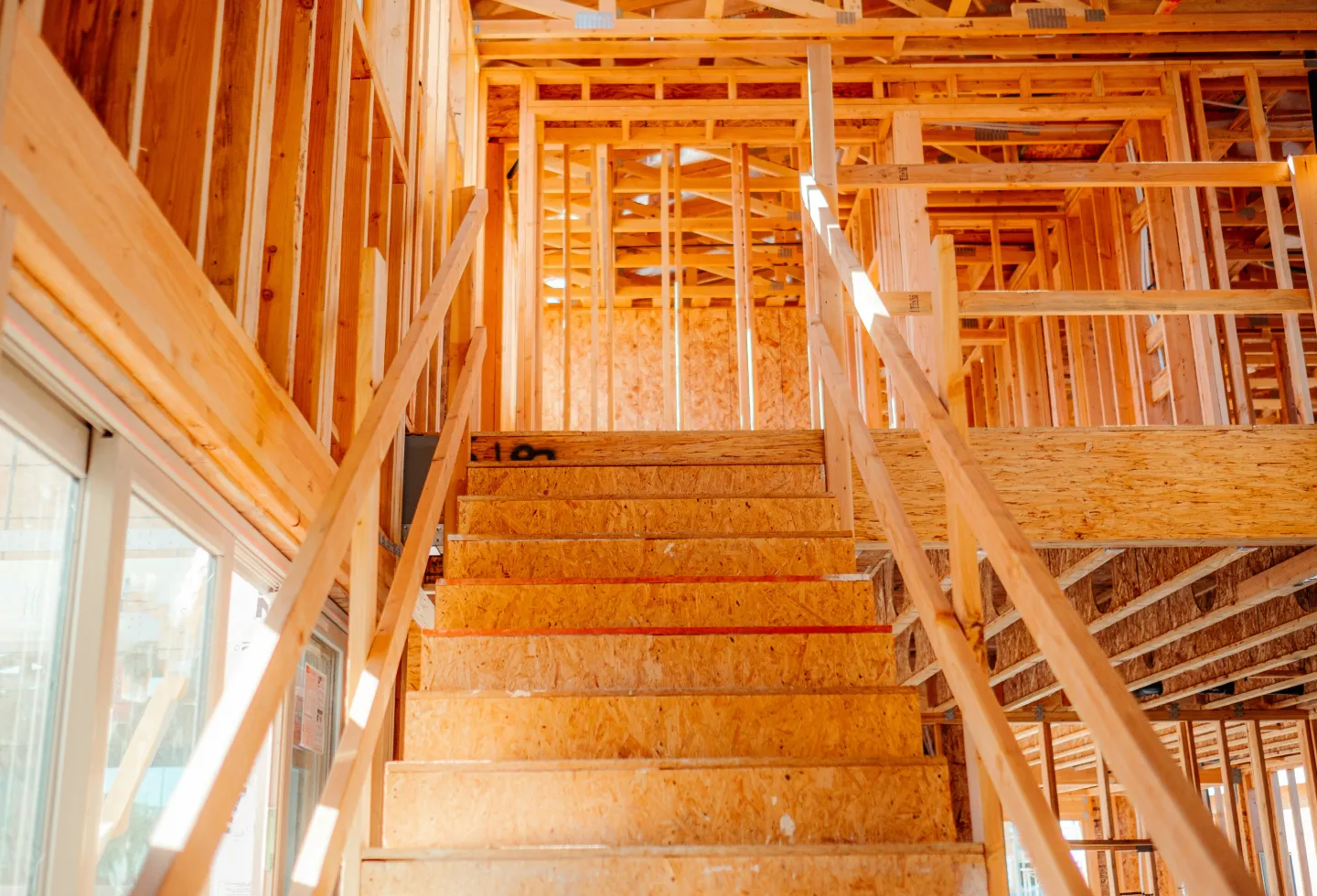Buying a home is a complicated legal transaction involving a lot of paperwork. As you work through those documents, you may encounter terms and concepts you don’t know, including the mortgagee clause. We’ll define what a mortgagee clause is and discuss how it works so you can be a well-informed new homeowner.
What is a mortgagee clause?
When you borrow money to buy a house, you become a mortgagor (loan holder), and your lender becomes a mortgagee (loan issuer). During the mortgage closing process, you’ll sign multiple documents that spell out the terms of your home loan. A mortgagee clause is a stipulation within your homeowners insurance policy that protects your mortgage lender in the event your property gets damaged or destroyed.
How the mortgagee clause works
Generally, when you think of homeowners insurance, you think of financial protection for you if your residence gets damaged or destroyed by a qualifying peril. However, the mortgagee clause is a formal agreement within the policy between your lender and your homeowners insurance company that protects your lender’s financial interests in the property.
For example, let’s say you default on your mortgage, and the lender must foreclose on and resell your home. However, the building is severely damaged, eroding its value. The mortgagee clause will kick in, resulting in your lender receiving the full amount you owe. Due to the coverage, your debt will get wiped clean.
As another example, let’s say your house caught on fire and was written off as a total loss. During the investigation, the fire department discovered that the cause of the fire was arson, and you were arrested and ultimately convicted of the crime. Your homeowners insurance company wouldn’t pay you anything because you intentionally caused the damage. However, your insurer would pay your lender so that the bank didn’t sustain a loss.
Important note: If you take out a second mortgage on the property, you’ll need to add it to your homeowners insurance policy.
You may see some unfamiliar acronyms within the mortgagee clause, such as ISAOA and ATIMA. ISAOA stands for “its successors and/or assigns,” while ATIMA stands for “as their interests may appear.” Both phrases permit your lender to transfer the protection of the clause to another party, generally in the event the bank sells your loan to another financial institution.
The mortgagee clause will also contain a section called "lender protections." This segment will discuss the lender's protection against financial loss should the institution be unable to obtain full repayment from you or sell the residence for at least the remaining balance due.
Importance of the mortgagee clause in property insurance
The mortgagee clause helps both parties involved in the home-buying transaction. While the lender’s benefit is obvious (they can recoup what they lend), you, as the borrower, should be thankful for the clause, too. Without it, no bank would be willing to lend you enough money to purchase a house because the risk of financial loss would be too great.
Plus, let's suppose your lender forecloses on your damaged home while it's uninsured (hence, no mortgagee clause exists). You may be liable for the difference if the bank can't sell it for a high enough sum to pay off the remaining balance on your home loan.
How do you get a mortgagee clause?
Generally, your lender will require a mortgagee clause in your property insurance policy to close on the mortgage, so you likely won’t have to do anything to get one. However, if you don’t see the clause in your coverage, you can contact your lender to have it added.
Sometimes, an insurer may choose to cancel or not renew a homeowner’s policy for various reasons, including non-payment, poor credit score, or criminal charges. Since your mortgage is contingent on the residence being insured, if you lose your coverage, you’ll have to reinstate it or replace it as soon as possible.
Important note: When you cancel your homeowners insurance after you sell your house, all property protection, including the mortgagee clause, ceases. The new owner will be responsible for securing the appropriate coverage.

Final thoughts
A mortgagee clause reduces a lender’s risk of financial loss, enabling the bank to issue home loans confidently. As a homeowner, you don’t have to do anything except maintain a valid homeowners insurance policy for the duration of the loan term. Keeping up your coverage is a contractual obligation that comes with your mortgage or any other home equity product, so make sure you’re always covered.
No income? No problem. Get a home equity solution that works for more people.
Prequalify in 60 seconds with no need for perfect credit.
Show me my offer
Frequently asked questions
.png)
Thank you for subscribing!
.webp)















